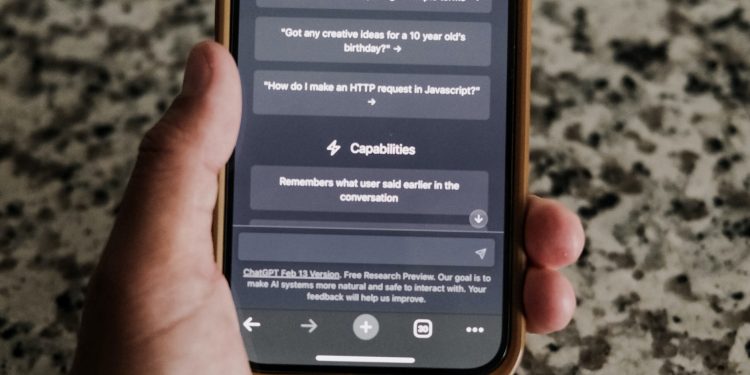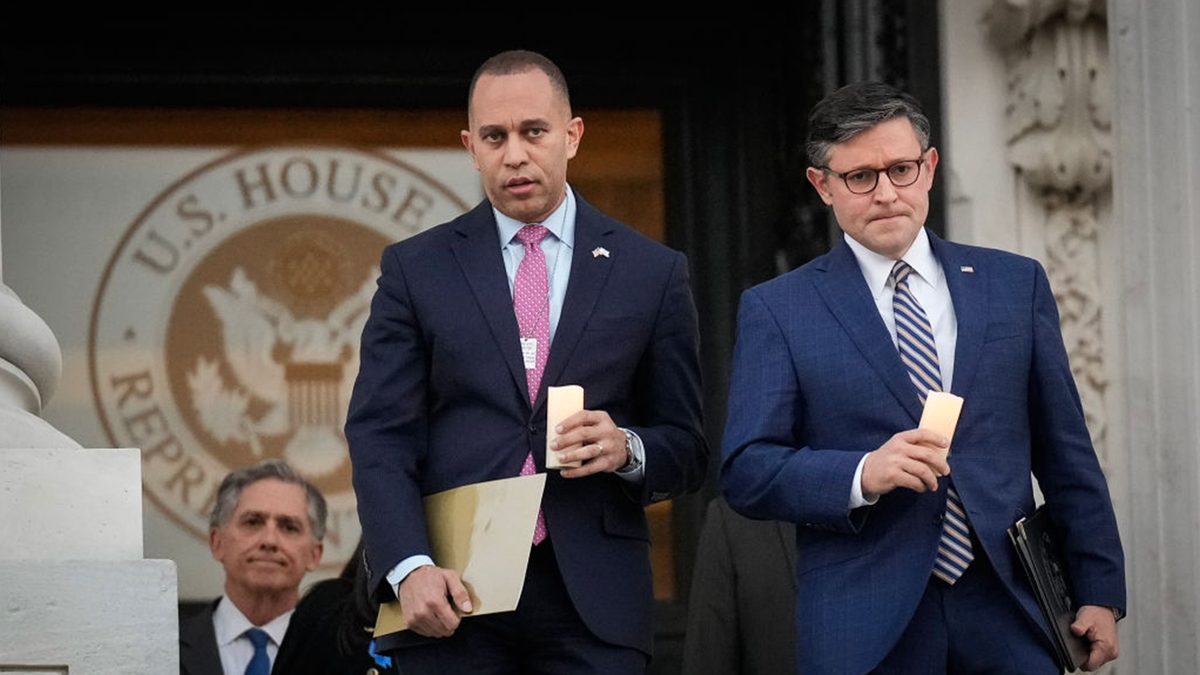
Hong Kong’s government is actively testing a ChatGPT-style tool for its workforce, with plans to eventually make it available to the public. During a recent radio interview, Sun Dong, the Secretary for Innovation, Technology, and Industry, highlighted these developments.
This initiative comes in response to OpenAI’s recent decision to block access from Hong Kong and other unsupported regions.
Tool developed by local universities
The tool, named “document assistance application for civil servants,” is a product of the generative AI research and development centre at the Hong Kong University of Science and Technology, in collaboration with other local universities.
Sun mentioned that the current focus is on improving the tool’s capabilities, with plans to extend its use across the government later this year.
While designed to handle functions like graphics and video design, the extent to which it matches ChatGPT’s capabilities remains unclear. Detailed features of the tool have yet to be disclosed by Sun’s bureau.
Sun explained that, due to challenges in securing support from major tech firms like Microsoft and Google amid Hong Kong’s current situation, the government has taken the lead in developing this AI tool.
He emphasized a collaborative effort between industry players and the government to advance its capabilities.
This initiative unfolds amidst a global competition for AI dominance between Beijing and Washington, with China targeting AI leadership by 2030.
OpenAI’s access restrictions
OpenAI has not provided specific reasons for excluding certain regions from accessing its services. Accounts attempting to connect from unsupported territories may face blocks.
This decision aligns with broader restrictions in China, where most foreign websites and applications, including ChatGPT, are inaccessible due to the country’s firewall. Nonetheless, some individuals manage to bypass these restrictions using virtual private networks (VPNs).
Chinese tech giants in the AI race
While OpenAI enforces restrictions, Chinese tech companies such as Alibaba and Baidu have launched AI models similar to ChatGPT, predominantly for the Chinese market. These models, however, must comply with China’s stringent censorship regulations.
Earlier this year, China’s cyberspace academy announced that an AI chatbot is being trained on President Xi Jinping’s doctrine, underscoring the ideological constraints within which Chinese AI models operate. This development reflects the broader trend of state-controlled AI advancements in China.
The post Hong Kong tests its own ChatGPT-style AI tool amid OpenAI access restrictions appeared first on Invezz










